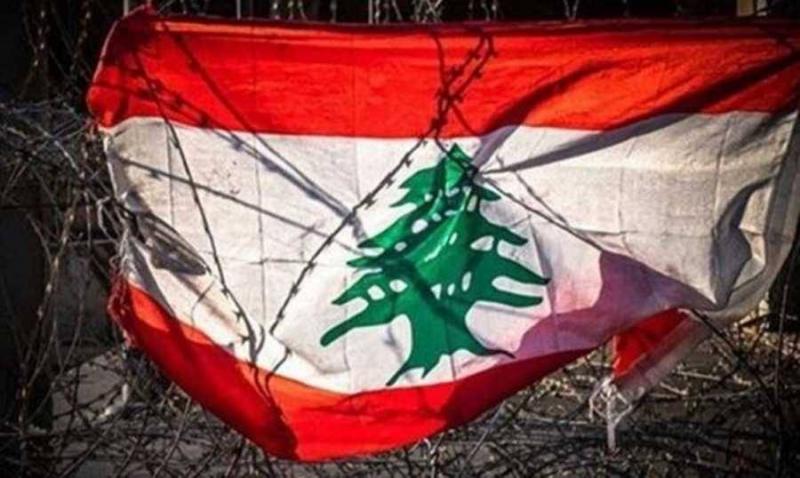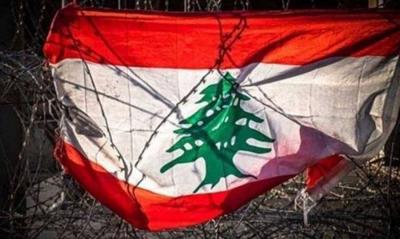The year 2022 passed with its political upheavals and economic disturbances, giving way to a new year burdened by the legacies of its predecessors, including a power vacuum, administrative disintegration, economic collapse, and a decline in Lebanon's international ranking to a historic low, alongside a frightening rise in poverty and emigration levels.
On the security front, the situation appears acceptable, but politically and economically, it is quite the opposite according to "Al-Anbaa" from Kuwait. On the political side, tensions are at their peak between the Free Patriotic Movement and the Amal Movement, exacerbated by the exchange of greetings between former President Michel Aoun and Parliament Speaker Nabih Berri. Berri made sure to respond personally to Aoun's accusations of him "obstructing" his term, stating: "You did not need anyone to obstruct you; you promised us hell and you delivered."
President Najib Mikati quickly joined the fray alongside Berri, addressing the electricity issue and calling for a session of the caretaker council of ministers to allocate $62 million for fuel purchases, a move that was viewed as provocative by Free Patriotic Movement leader Gibran Bassil. This situation placed Hezbollah, a mutual ally, in a difficult position between both parties, with some sources suggesting that the relationship between the party and the movement is more complex than the one between Berri and Bassil, hinting at a potential rift.
The question raised by these sources was whether Bassil would risk boycotting the council session and losing the votes of the Shiite duo, which had secured him the victory of eight out of twenty seats in the last elections. From a presidential standpoint, if the relationship has devolved into a rift, and if they proceed with nominating Sleiman Franjieh, this could result in losing votes from the "partisan" deputies in his other political battles, including the presidency. Should he abandon Franjieh to maintain an alliance with Gibran Bassil, it would give the impression that the keys to the presidency have slipped from his grasp.
Moreover, accepting the election of Franjieh, as stated by the Voice of Lebanon radio, would signal Bassil's acknowledgment that he is no longer the decisive voice within the Christian community. Conversely, continuing to reject Franjieh could jeopardize his alliance with Hezbollah, which has provided the movement with Christian support for 16 years.
According to sources, the speech by Hezbollah Secretary-General Sayyed Hassan Nasrallah, postponed from last Friday to the upcoming Tuesday due to influenza, is expected to shed light on this complex political maze.
On the economic and living standards front, the situation remains dire, with long queues at banks and fuel distribution stations. The daily lives of Lebanese citizens are determined by the decisions made within the central authority of the government and parliament. The Lebanese experience anxiety in peacetime that exceeds what was felt during the war, due to the collapse of the national currency, rampant smuggling across legal and illegal crossings, and the waste of billions of dollars from the central bank's reserves on electricity, with no power available except for what private generators can provide.
Some attribute the lack of electricity in the public grid to political tensions, resulting in darkness while awaiting the issuance of financial allocation decrees, as fuel tankers anchor off the Lebanese coast, incurring a daily cost of $18,000 per tanker while the political conflict intensifies over whether the cabinet should convene to issue the decrees or remain inactive to avoid exacerbating the political rifts.
On the financial front, the fiscal gap is significant, with academic researcher Layal Mansour proposing four hypotheses for addressing it. The most notable of these is the hypothesis of adopting a Lebanese dollar, akin to the Canadian and Australian dollars, though she prioritizes maintaining the Lebanese pound after removing one or two zeros. The second hypothesis involves establishing a new currency within a new monetary system, while the third and final option would revert to a healed Lebanese pound, requiring zero losses and zero fiscal gaps and necessitating "open-heart surgery" on both the political and financial systems, which currently seems unattainable.




